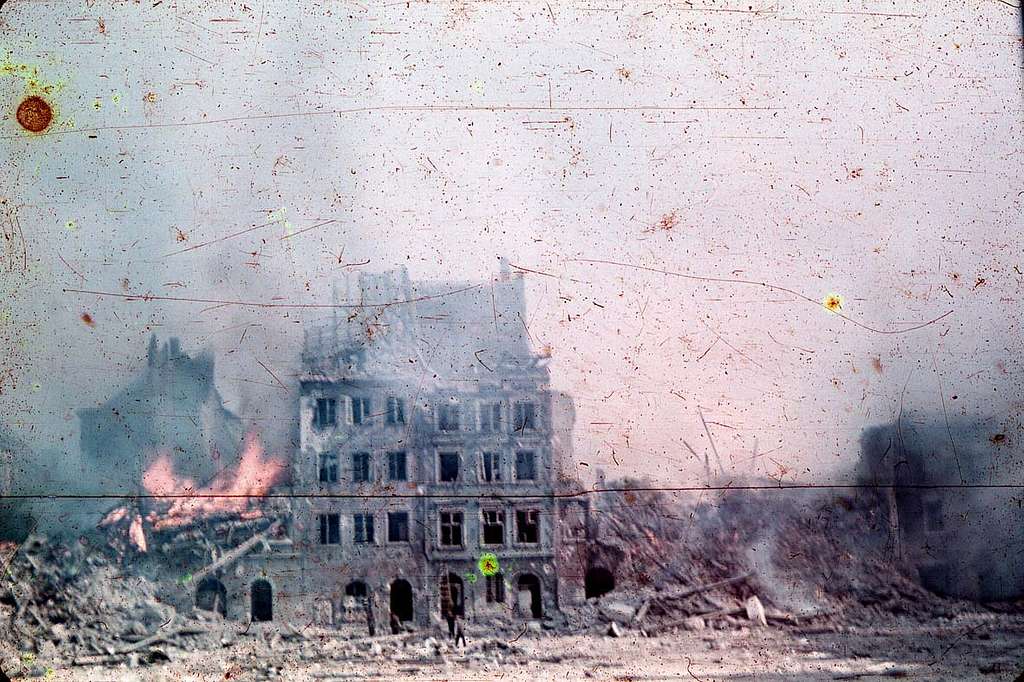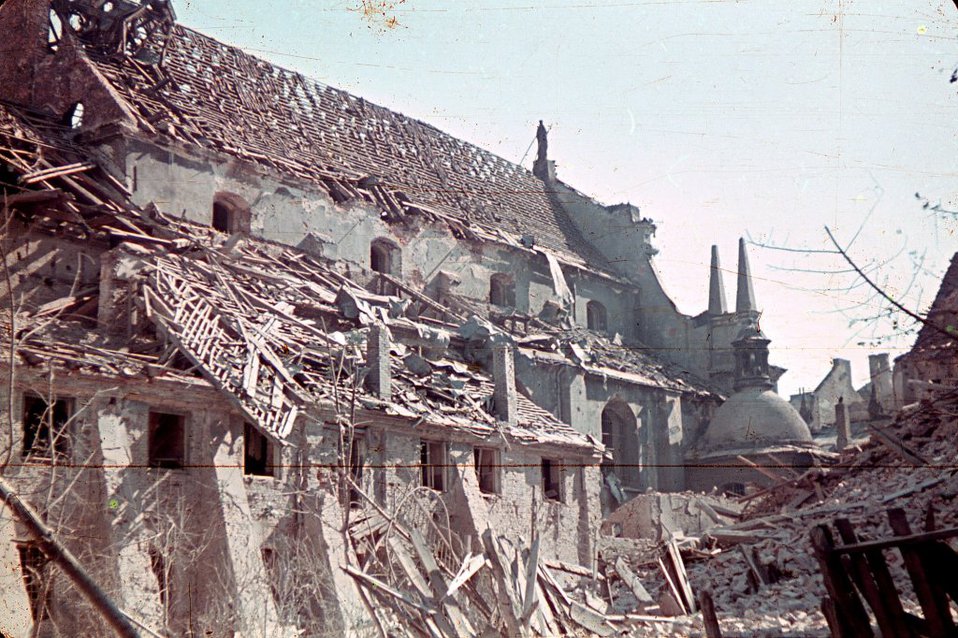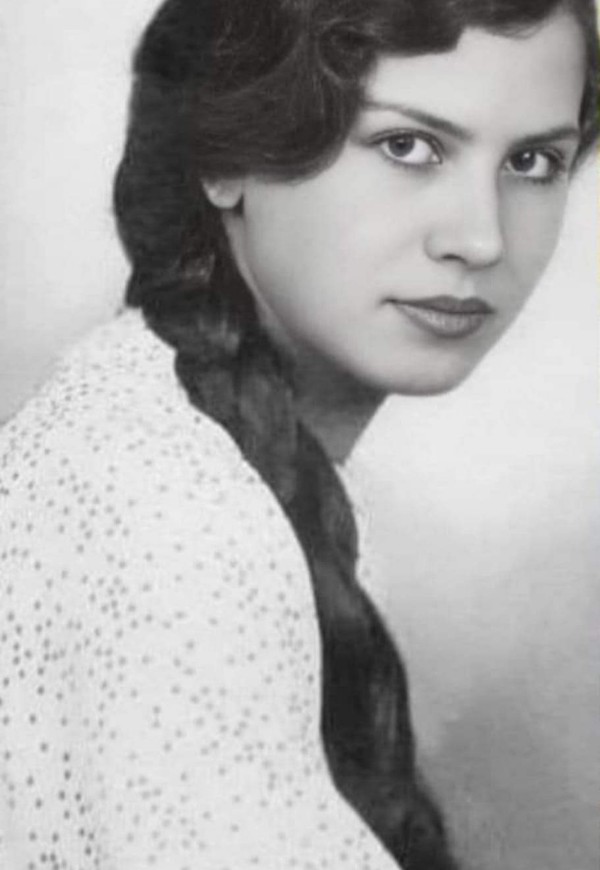Paulina
1 Sep 2024
History / 70th anniversary of 1943 Wołyń/Volhynia and Eastern Galicia Massacre - controvercies [454]
@Bobko, you wouldn't even have to be "proud" of it. It's enough that you don't have a problem with it. It's clearly not enough of a problem for you if it doesn't stop you from glorifying the Soviet Union.
It wasn't a "great" country if it enslaved others :(
Respected or feared?
It wasn't respected in Poland. It was feared and despised.
And at the same time you colonised others yourselves.
You see, Bobko, that's why you won't understand each other with Poles, Ukrainians, Lithuanians, Esthonians, etc. Because majority of RuSSians seem to be still wearing those rose-tinted glasses when looking at the Soviet Union (or they simply don't care about what the Soviet Union did to others, which is even worse).
@Bobko, you wouldn't even have to be "proud" of it. It's enough that you don't have a problem with it. It's clearly not enough of a problem for you if it doesn't stop you from glorifying the Soviet Union.
1) It was a great country
It wasn't a "great" country if it enslaved others :(
respected around the world
Respected or feared?
It wasn't respected in Poland. It was feared and despised.
4) We thought of ourselves as the good guys, defenders of places like Cuba, Vietnam, Angola, Ethiopia and so on. We fought Apartheid, and colonial exploitation.
And at the same time you colonised others yourselves.
You see, Bobko, that's why you won't understand each other with Poles, Ukrainians, Lithuanians, Esthonians, etc. Because majority of RuSSians seem to be still wearing those rose-tinted glasses when looking at the Soviet Union (or they simply don't care about what the Soviet Union did to others, which is even worse).



